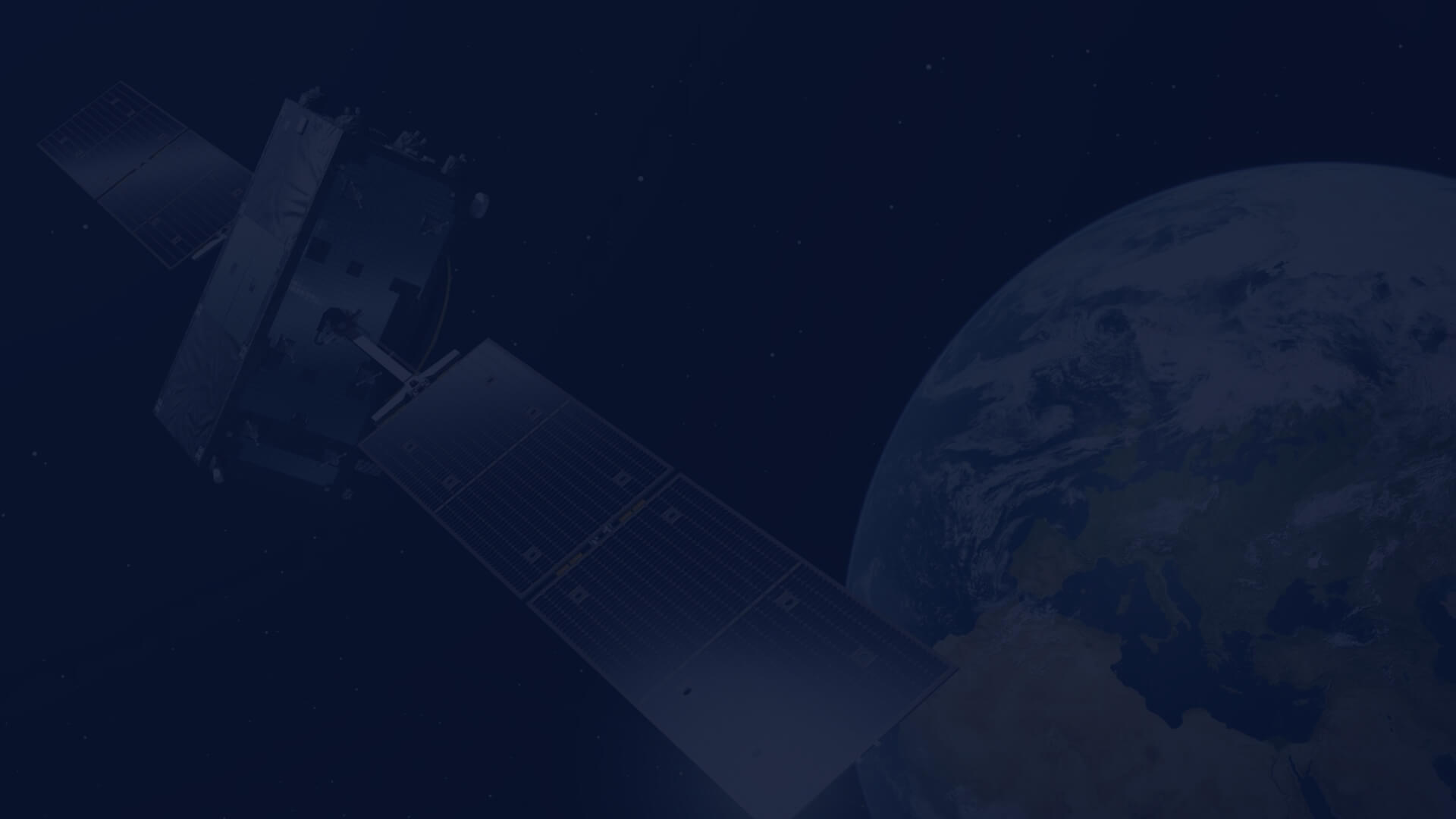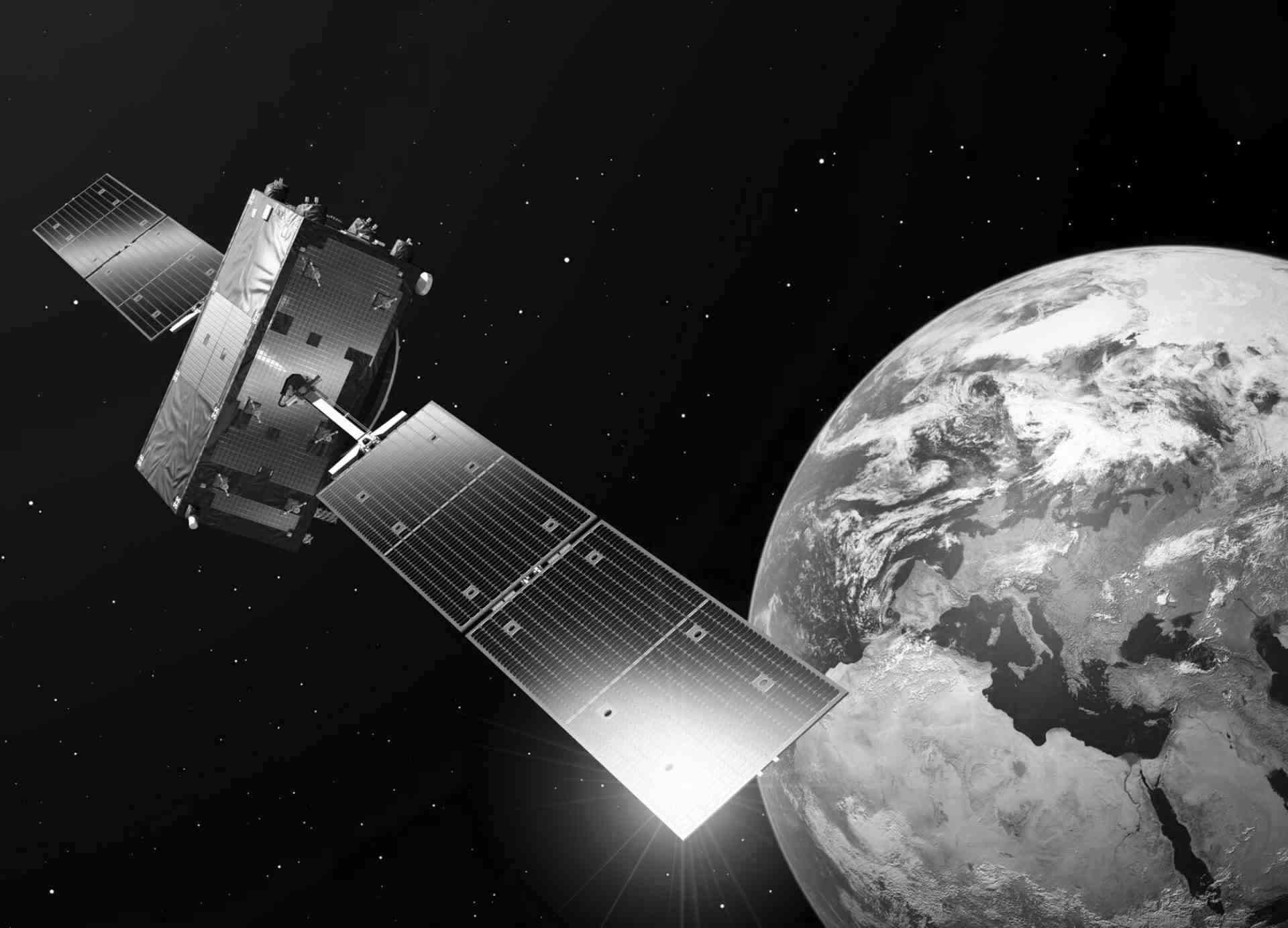Submit your abstract to Living planet Symposium 2025
We invite you to submit abstracts for oral or poster presentations for the following sessions organized by CloudFerro/CDSE (Copernicus Data Space Ecosystem) Service Team. All proposed sessions can be found here: proposed sessions. All submitted abstracts will be reviewed by the Scientific Committee, with final decisions made by the session convenors.
Submit your abstracts by 1 December 2024.
Proposed sessions - CloudFerro
D. Digital Innovation and Green Solutions
Subtheme: 05 Copernicus Operations Framework and Long-term Perspectives
Title: D.05.03 Leveraging the Copernicus Data Space Ecosystem to develop and upscale novel Earth Observation applications
Description: The Copernicus Data Space Ecosystem (CDSE) has revolutionized access to the Copernicus and complementary data and has fostered the Earth Observation (EO) analytical capabilities build on top of this abundant resource. Near-real time publication of the Sentinel satellite imagery helps in time-critical applications while the instantaneous online availability of the entire EODATA archive fosters the long-term environmental monitoring including climate change. The Ecosystem has gathered already more than 200 000 users and the main objective of this Session is to give them an opportunity to present their studies, developed applications and to share best practices among each other. During the Session the emphasis will be put on novelty of the presented work especially on the applications/functionalities which would not be possible to implement without the CDSE. Ultimately, it is foreseen to cast a vote among the CDSE users for the best study/application leveraging the CDSE and the top 3 winners will be awarded by the Consortium with additional resources available through the CREODIAS platform.
Convenors:


D. Digital Innovation and Green Solutions
Subtheme: 02 Artificial Intelligence, Data fusion and Big Data Analytics for EO
Title: D.02.14 EO Data Platforms for AI Application Development
Description: Earth Observation data platforms are changing how we use information for various applications. These platforms offer access to a vast amount of data, including satellite images, weather information, and ground measurements. By combining these different data sources, organizations can create advanced artificial intelligence (AI) models. To make the most of EO data platforms for AI modeling, it’s important to have a well-organized framework. This framework should include several key components: the types of data available, the tools needed for processing and analysis, and the methods for training AI models effectively. The amount of data required can vary depending on the complexity of the task. More complex models, like deep learning systems, usually need larger datasets to recognize intricate patterns. Choosing the right tools is also crucial. These tools help clean and transform raw data into a usable format, while machine learning frameworks assist in developing the models. This session aims to provide a clear understanding of how improved EO data platforms enable organizations to use AI for innovative solutions across various fields.
Convenors:

D. Digital Innovation and Green Solutions
Subtheme: 04 Enabling Solutions through Cloud-based EO Ecosystems
Title: D.04.06 Advancements in cloud-native formats and APIs for efficient management and processing of Earth Observation data
Description: Earth Observation (EO) data continues to grow in volume and complexity as the next generation satellite instruments are being developed. Furthermore, novel advanced simulation models such as the Digital Twins (DTs) deployed in the scope of the Destination Earth (DestinE) project generate immense amount of multidimensional data (few PB/day in total) thanks to the High Performance Computing (HPC) technology. Cataloguing, processing and disseminating such broad variety of data sets is a huge challenge that has to be tackled in order to unleash the full potential of EO. Storage and analytics of vast volumes of data have been moved from the on-premise IT infrastructure to large cloud computing environments such as Copernicus Data Space Ecosystem (CDSE), DestinE Core Service Platform (DESP), Google Earth Engine or Microsoft Planetary Computer. In this respect, robust multidimensional data access interfaces leveraging the latest cloud-native data formats (e.g. COG, ZARR, Geoparquet, vector tiles) and compression algorithms (e.g. ZSTD) are indispensable to enable advanced cloud-native APIs (e.g. openEO, Sentinel Hub) and data streaming (e.g. EarthStreamer). Moreover, metadata models have to be standardized and unified (e.g. STAC catalogue specification) among different data archives to allow interoperability and fast federation of various data sources. This session aims at presenting the latest advancement in data formats, data compression algorithms, data cataloguing and novel APIs to foster EO analytics in cloud computing environments.
Convenors:


